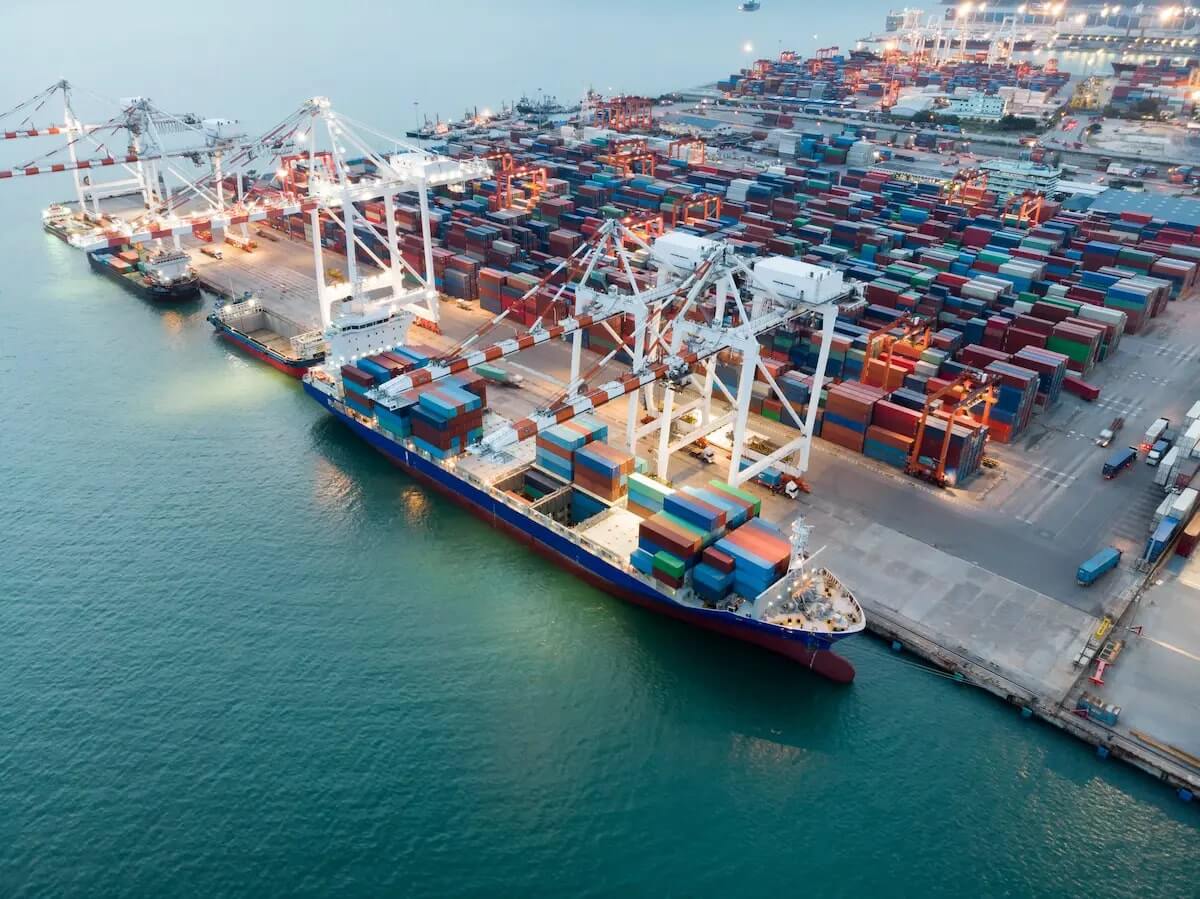
In the world of shipping and logistics, certain documents help protect the interests of all parties involved, especially when unforeseen issues arise. One such document is the Letter of Indemnity (LOI), a crucial tool for safeguarding both the shipper and the consignee when cargo faces specific risks or unique circumstances. This article provides an in-depth look at what a Letter of Indemnity is, how it functions in shipping, and the key types and risks associated with its use.
What is a Letter of Indemnity (LOI)?
A Letter of Indemnity (LOI) is a legal document issued by one party (often the shipper or carrier) to another (often the consignee or buyer) in which the issuing party agrees to take responsibility for specific risks or liabilities. In the shipping industry, an LOI is most commonly used when there’s a need to release goods without presenting the original bill of lading or when unusual circumstances arise that require a guarantee to protect against losses.
Essentially, an LOI offers a promise that if the goods are damaged, lost, or delayed under certain conditions, the issuer of the LOI will cover the associated costs or liabilities. It is a binding agreement and often backed by financial assurance, such as insurance, to ensure that the issuing party can uphold their obligations.
Purpose of a Letter of Indemnity in Shipping
An LOI serves several purposes in the shipping industry:
- To Protect Against Loss or Damage: It reassures the receiving party that they will be compensated in the event of loss, damage, or misdelivery of goods.
- To Facilitate Smooth Shipping Operations: LOIs help manage risks that could otherwise delay the shipping process, such as waiting for the original bill of lading to arrive.
- To Cover Legal and Financial Risks: They offer a financial safeguard for parties involved in shipping transactions where non-standard circumstances arise, ensuring that losses or damages are covered.
Key Scenarios Where LOIs are Used in Shipping
- When Releasing Goods Without the Original Bill of Lading: In many cases, goods arrive at the port of destination before the original bill of lading reaches the consignee. An LOI is issued by the consignee to the carrier, promising indemnity if the goods are released without the original document.
- In Case of Cargo Damage or Loss: Sometimes, an LOI may be used when there’s a risk of cargo being damaged during transit. This could involve cargo that’s fragile, perishable, or susceptible to specific environmental conditions. The shipper or carrier may issue an LOI to reassure the buyer that any damages or losses will be covered.
- When Loading or Unloading in Unsafe Conditions: LOIs may also be required if the shipper or consignee requests that goods be loaded or unloaded in non-standard, potentially unsafe conditions (such as during bad weather or at high-risk ports). In this case, the party requesting the operation agrees to cover any resulting damages.
- To Prevent Liability Claims: LOIs can help prevent liability claims by specifying which party bears responsibility for certain risks, reducing the likelihood of disputes if issues arise during transit.
Types of Letters of Indemnity in Shipping
There are several types of LOIs commonly used in the shipping industry, each serving specific purposes:
- Delivery Without Original Bill of Lading LOI: This is the most common type and is used when the consignee needs to receive goods before the arrival of the original bill of lading. The consignee issues an LOI to the carrier, taking responsibility for any liabilities that may result from releasing the goods early.
- Clean on Board LOI: In some cases, cargo may be loaded in suboptimal condition. To avoid delaying the shipment, the shipper may request a “clean” bill of lading (stating that the cargo was in good condition). An LOI is issued by the shipper to the carrier, agreeing to cover any future claims related to the cargo’s condition.
- Discharge at Alternate Port LOI: This LOI is issued if the consignee requests that cargo be discharged at a port different from the one listed in the original bill of lading. The consignee takes responsibility for any costs or risks associated with the change.
- Unsafe Port LOI: If a shipper requests that a vessel load or unload cargo at a high-risk or unsafe port, an LOI is issued to cover any potential damages to the vessel or cargo resulting from the operation.
Risks and Considerations of Using a Letter of Indemnity
Although LOIs offer essential protection and flexibility in shipping, they also come with risks. Some key considerations include:
- Enforceability: LOIs are not always legally enforceable in every jurisdiction, as some courts may consider them invalid, especially if they attempt to waive certain legal obligations.
- Financial Backing: An LOI may require financial backing or insurance to ensure the issuing party can fulfill their promise in case of a loss. Without such backing, the recipient may face difficulties recovering the costs.
- Fraud and Misuse: The use of LOIs, especially for releasing goods without a bill of lading, can create opportunities for fraud or misuse if the goods are not correctly accounted for or documented.
- Legal Complications: If disputes arise, legal proceedings related to LOIs can be complex and costly, especially if different jurisdictions have conflicting laws on their validity or enforceability.
- Risk of Default: There’s always a risk that the party issuing the LOI may default or be unable to cover the promised indemnity, leading to potential financial losses for the other party.
Advantages of a Letter of Indemnity
Despite the risks, an LOI provides various advantages that make it a valuable tool in shipping:
- Operational Flexibility: LOIs allow parties to navigate unique or challenging situations, such as releasing goods without original documents or discharging at alternate ports, without delaying operations.
- Risk Management: By providing a financial safeguard, LOIs reduce the risk of disputes and financial losses due to cargo damage, misdelivery, or other unexpected events.
- Increased Trust: An LOI provides assurance to the recipient, showing that the issuer is willing to take responsibility, thereby fostering trust in business relationships.
Conclusion
A Letter of Indemnity (LOI) is a crucial document in shipping that helps manage and mitigate risks, allowing for smoother operations when unique challenges arise. Whether for releasing goods without the original bill of lading, dealing with damaged cargo, or operating under less-than-ideal conditions, LOIs offer essential protection for both parties involved. However, due to the associated risks and potential legal complications, it’s critical for all parties to carefully assess the terms of an LOI, ensure it is backed by sufficient financial support, and consult with legal experts to understand its enforceability. Properly used, an LOI can be an invaluable tool in ensuring smooth, risk-mitigated shipping transactions.



